Whither Albion? Whither Europe?
2016 showed itself to be the year of possibility. Things which seemed unlikely or nigh impossible a mere two or three years ago have come to pass. The Fukuyaman promise at the end of the Cold War that we were now entering the post-ideological ‘End of History’ seems to have dissolved in a sea of doubt. One of the most significant events of the year was undoubtedly the striking victory of the ‘No’ campaign during the United Kingdom’s referendum on membership in the United Kingdom. As with the election of Trump four and a half months later it astounded nearly all the pundits, commentators and officially-designated ‘experts’, occurring despite (or perhaps, because of) the vast array of forces aligned against it. This latter fact has led to frenzied denunciations of populism, for which we can read democracy that brings the ‘wrong’ results, as a re-emergent factor in Western politics.

Francis Fukuyama
For many liberal commentators the appearance of fissures in the post-war international order is disconcerting. The meta-historical analyses that supposed an approaching universal hegemony of liberal capitalist democracy appear wanting. Everything that was old is new again. Old loyalties have resurfaced and the innate human desire for a real particularist identity remains as strong as ever. As with the other great political questions of our time the British EU referendum broadly offered two competing visions of identity. The Remain side posited a future in which British identity was subsumed entirely within a wider ‘European’ identity that was ‘cosmopolitan’, and rooted not in a traditional sense of patria, but in subscription to a set of defining ‘European’ values. Contrariwise the Leave side, whilst certainly not united in its own particular view of identity, envisaged a United Kingdom more attuned to its historical role of independence from external control. For them, there was an implicit agreement with Enoch Powell’s assessment that the nation state represents “the ultimate political reality”.
Now that the government appears to have its hand forced to enact some form of exit from the EU there is ample opportunity to explore the implications for national, cultural, and civilizational identity, both British and European. There is now an opportunity for a revivification both for a British sense of identity that has been flagging for at least the last sixty years, and also for the conception of Europe as a real live civilisation.
Britain’s identity vis-à-vis Europe does not fall into the simple dichotomous paradigm that many presume. Recognition of and loyalty to the idea of the United Kingdom as the ultimate political reality of which Britons can be a part does not preclude the recognition of the simple fact that, Britons are in a wider sense members of a common European civilisation. Layers of identity exist. For example, a Yorkshireman will often exhibit a deep local pride in his own county. Beyond this he is an Englishman. Beyond this he is British. Leaving aside the obvious kith-and-kin ties that bind Britons to the Anglo-Saxon settler nations like Canada, Australia and New Zealand, there exists also a permanent, if complex, relationship with their neighbours on the Continent. Here he recognises a common European civilisation, of which his country has always been a part.

Enoch Powell
But, Europe exists as a myriad of distinct cultural entities, so to presume to govern them alike as part of a single political unit is to fall into one of the more egregious mistakes of those Enlightenment philosophes whom Burke famously castigated for believing that reason alone could act as the measure by which all human institutions should be constructed. Both before and after the Referendum, supporters of the Remain campaign argued for continued membership of the EU on the basis of ill-defined sentiments such as ‘solidarity’, ‘togetherness’ and ‘unity’. What these pleasant platitudes translate to in actual practice was never described in detail, although it is clear that for some of the more ardent proponents of the EU project this inevitably meant Federalisation. Often the argument was framed in such terms as to make political and economic unity desirable on the basis that failure to do so would entail an inability to compete with China and the United States, and a missing seat at the high table of international politics.
However, the historical record hardly suggests this form of unity as a necessary component of success. Indeed, the ‘European miracle’ occurred largely on account of the political heterogeneity of the continent. The vacuum of the collapsed Roman Empire permitted the emergence of a rich fabric of polities, composed of the descendants of closely related tribes and united in common membership of Christendom. Over the course of centuries, closely related tribes would coalesce into distinct ethnic and linguistic groupings which would form the basis of the nation state.

Edmund Burke
Although all obviously part of European civilisation, the development within each nation of a distinctive culture renders the notion of a functional political and economic union between them unfeasible as well as undesirable. It is an impossible dream to imagine that such disparate nations and cultures can be governed according to abstract, universalist precepts, the like of which form the basis of current official attempts to re-forge European-ness according to a set of values to which any individual can subscribe. In type, such efforts bear more than a passing resemblance to the abstract, utopian universalism of the French Revolution, particularly those who wished to establish an ‘enlightened’ model of government, informed by the goddess Reason, and applicable to all human beings, wherever they might happen to live. The counterrevolutionary philosopher Joseph de Maistre aptly located the central error of this line of thought in the subject of such rationalistic proposals, the existence of an abstract ‘Man’. As he remarked, a constitution which is made to fit all nations is made for none, for nowhere was there a real flesh and blood individual who corresponded to this detached, universal type. To de Maistre, the purpose of a constitution was to find a solution to the problem of how best to find the laws that suited a particular nation given “the population, the mores, the religion, the geographic situation, the political circumstances, the wealth, the good and the bad qualities”.¹

Joseph de Maistre
The British referendum result is rightly to be interpreted as part of a widespread revolt against globalisation. In a broad sense this has been referred to as nationalism.² Although there is considerable widespread stigma against nationalism, it is probably more accurate to suggest that many expressions of the new nationalism are more redolent of the nineteenth century liberal variety than any twentieth century totalitarian examples with which many commentators seem perpetually preoccupied. The new nationalism is not socially Darwinian, where rival nation states compete on a zero-sum battleground where some will rise, and others, concomitantly, sink into the mud of history. Rather, as the friendship and semi-formal networks of nationalist parties of the European Right demonstrate, the new nationalism appears to be a mutually affirming phenomenon where nationalists join together with nationalists of other nations in common cause against the forces of political and cultural homogenisation.
As momentous as it was, the June 23rd referendum result was merely a staging post, and as the subsequent political turmoil has evinced, much work remains to be done. Even while debates remain as to the extent of the ‘Brexit’ that will occur, that is how far the United Kingdom will remain enmeshed within the legal sphere of the European Union even after detaching itself from the political union, questions remain about domestic visions of national identity. The threads binding together the nations of the United Kingdom- England, Scotland, Wales and Northern Ireland- have undoubtedly grown weaker in the last twenty years. In recent history the process of devolution aimed to offset latent Celtic nationalism by giving greater control of domestic matters to Scotland, Wales and Northern Ireland. However, it is arguable that such measures have, in Scotland at least, merely encouraged the supporters of separatism. The fault lines were evident in the result itself. While Wales voted to leave the European Union, both Scotland and Northern Ireland voted to remain (although in the latter’s case the vote seems to have divided ethno-religious lines, as most Protestants and most Unionists voted to leave).³
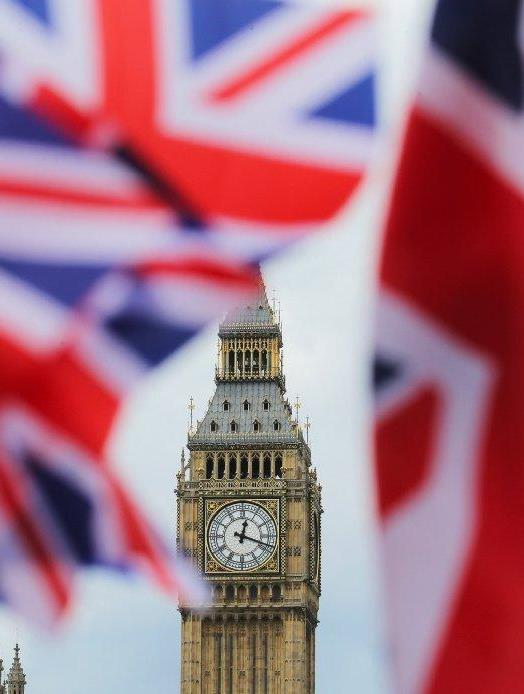 In the case of Scotland the independence question hangs in the air. Despite its name, the Scottish National Party’s conception of nationhood is built upon constructivist, civic, subscription-identity lines, and, despite its apparent domination of Scottish politics, appears unable to resolve the central paradox in its plea to the Scottish people. It is certainly a curious form of nationalism which seeks to separate Scotland from the ‘entanglement’ of control from Westminster, only to exchange its Sassenach masters for new masters in Brussels. Although the Scottish people voted to remain part of the United Kingdom in 2014, the result did not lay the spectre of separation from England to rest for another generation in the way that Unionists had hoped. Since the nature of the United Kingdom has apparently changed since the Scottish independence referendum took place, it would, in the eyes of the SNP, necessitate a further vote. The SNP’s desire to remain within the European Union to some degree even if the rest of the United Kingdom leaves has received opposition from both France and Spain, and it is difficult to see how such ambitions could come to fruition. It will require skilful seamanship to steer the ship of State between the Scylla of an unclean break from the European Union, and the Charybdis of Scottish independence, but in this age of opportunity only fools (and perhaps pollsters) would deny the possibility. And ‘possibility’ is the defining watchword of our age. The last year has taught the wise observer that it is difficult to predict with any great detail the exact path that events will take. Future history will be full of surprises. And in that, perhaps the Tory view will get the last laugh over the Whig.
In the case of Scotland the independence question hangs in the air. Despite its name, the Scottish National Party’s conception of nationhood is built upon constructivist, civic, subscription-identity lines, and, despite its apparent domination of Scottish politics, appears unable to resolve the central paradox in its plea to the Scottish people. It is certainly a curious form of nationalism which seeks to separate Scotland from the ‘entanglement’ of control from Westminster, only to exchange its Sassenach masters for new masters in Brussels. Although the Scottish people voted to remain part of the United Kingdom in 2014, the result did not lay the spectre of separation from England to rest for another generation in the way that Unionists had hoped. Since the nature of the United Kingdom has apparently changed since the Scottish independence referendum took place, it would, in the eyes of the SNP, necessitate a further vote. The SNP’s desire to remain within the European Union to some degree even if the rest of the United Kingdom leaves has received opposition from both France and Spain, and it is difficult to see how such ambitions could come to fruition. It will require skilful seamanship to steer the ship of State between the Scylla of an unclean break from the European Union, and the Charybdis of Scottish independence, but in this age of opportunity only fools (and perhaps pollsters) would deny the possibility. And ‘possibility’ is the defining watchword of our age. The last year has taught the wise observer that it is difficult to predict with any great detail the exact path that events will take. Future history will be full of surprises. And in that, perhaps the Tory view will get the last laugh over the Whig.
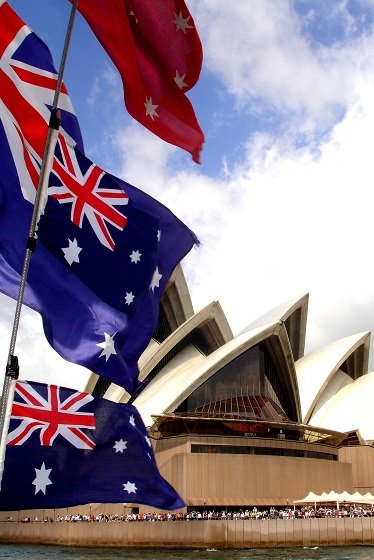 The dissolution of the post-war order has unsettled many, but for traditionalists it is a cause for optimism. From where we stand in history it is the traditionalists who are welcoming the political changes taking place, while the progressives stand in defiant resistance. To conservatives of an earlier time this would have seemed strangely paradoxical. Since their political representatives have lost the majority of their battles for the better part of the last century, instinctive conservatives have been left with little to actually conserve. In spite of the frequent rhetorical appeals to Burkean gradualism from many of today’s mainstream conservatives, we are confronted with the obvious problem that a situational conservatism-at-all-costs attitude will not remedy any of the cultural or social problems that those on the Right typically lament. Indeed, Burke himself would certainly not recognise the world in which we live, let alone support the notion that a defence of today’s political, cultural and social arrangements was in any way congruent with his own eighteenth century aristocratic Old Whig philosophy. To propagate a position that is traditional and conservative in essence, rather than merely maintaining a broken status quo, requires a certain kind of healthy radicalism. After all, during the EU referendum debate, it was remarkable to discover how much of a liking many supporters of Britain’s continued membership, including many self-described progressives, had for quasi-Burkean gradualist arguments. The severance of Britain’s ties of membership with Brussels certainly disrupts what has for some become a comfortable status quo. What it does, though, is offer an opportunity for a healthy re-appraisal of what nationhood actually constitutes and who the British actually are as a people. Re-forging a strong sense of identity over against the atomising forces of a large, dirigiste State and globalised big business remains a cardinal challenge. Yet, the events of the past twelve months have given a strong indication that a fervent appetite for such a re-appraisal exists. Only time will tell the extent to which sentiment can be translated into action.
The dissolution of the post-war order has unsettled many, but for traditionalists it is a cause for optimism. From where we stand in history it is the traditionalists who are welcoming the political changes taking place, while the progressives stand in defiant resistance. To conservatives of an earlier time this would have seemed strangely paradoxical. Since their political representatives have lost the majority of their battles for the better part of the last century, instinctive conservatives have been left with little to actually conserve. In spite of the frequent rhetorical appeals to Burkean gradualism from many of today’s mainstream conservatives, we are confronted with the obvious problem that a situational conservatism-at-all-costs attitude will not remedy any of the cultural or social problems that those on the Right typically lament. Indeed, Burke himself would certainly not recognise the world in which we live, let alone support the notion that a defence of today’s political, cultural and social arrangements was in any way congruent with his own eighteenth century aristocratic Old Whig philosophy. To propagate a position that is traditional and conservative in essence, rather than merely maintaining a broken status quo, requires a certain kind of healthy radicalism. After all, during the EU referendum debate, it was remarkable to discover how much of a liking many supporters of Britain’s continued membership, including many self-described progressives, had for quasi-Burkean gradualist arguments. The severance of Britain’s ties of membership with Brussels certainly disrupts what has for some become a comfortable status quo. What it does, though, is offer an opportunity for a healthy re-appraisal of what nationhood actually constitutes and who the British actually are as a people. Re-forging a strong sense of identity over against the atomising forces of a large, dirigiste State and globalised big business remains a cardinal challenge. Yet, the events of the past twelve months have given a strong indication that a fervent appetite for such a re-appraisal exists. Only time will tell the extent to which sentiment can be translated into action.
– Alastair Paynter Alastair Paynter is a doctoral student in History at the University of Southampton. His research interests include Victorian and Edwardian political culture, and the history of conservatism and classical liberalism.
Endnotes:
- Joseph de Maistre, Considerations on France Richard A. Lebrun (trans.) (Montreal: McGill University Press, 1974) p. 97.
- This is of course a loaded term. While some of the expressions of this emerging spirit could certainly be regarded as nationalistic, others seem to better fit the traditional notion of patriotism. Nevertheless, for the sake of simplicity I am using the label nationalist in the broad sense.
- John Garry, “The EU referendum Vote in Northern Ireland: Implications for our understanding of citizens’ political views and behaviour” Knowledge Exchange Seminary Series (Northern Ireland Assembly, 2016-2017).
Citation Style:
This article is to be cited according to the following convention:
Alastair Paynter, “Whither Albion? Whither Europe?” SydneyTrads – Weblog of the Sydney Traditionalist Forum (11 February 2017) <sydneytrads.com/2017/02/11/2017-symposium-alastair-paynter/> (accessed [date]).
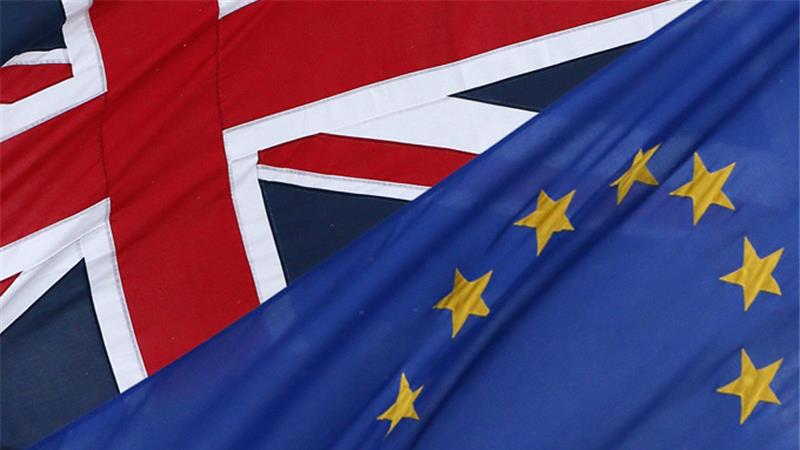
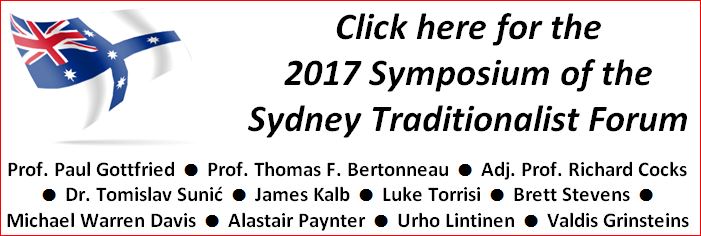
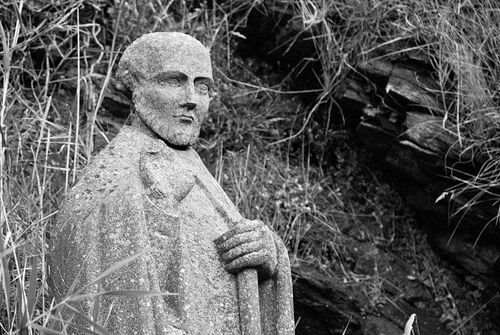


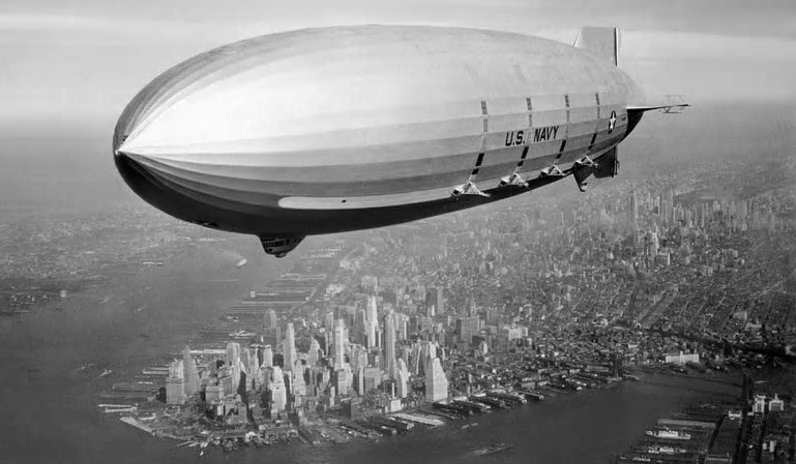
Leave a comment